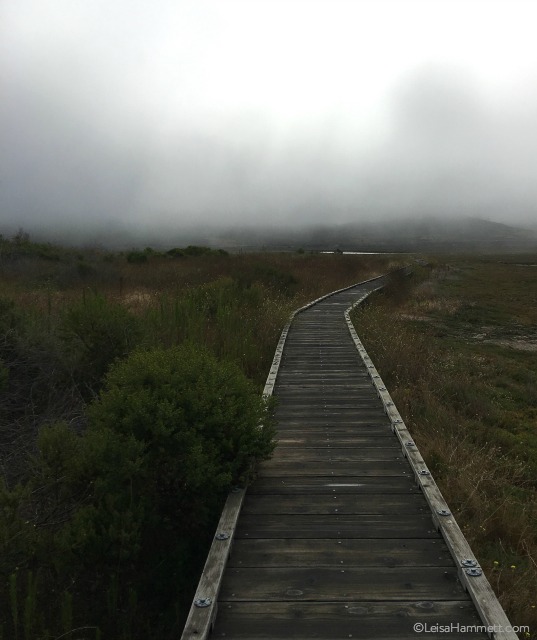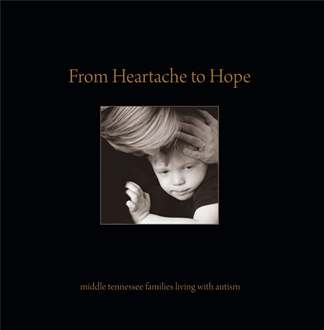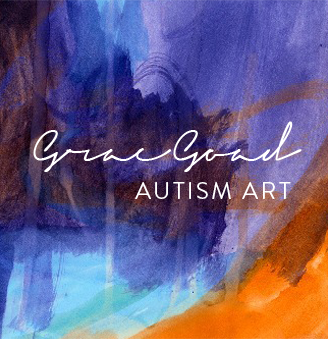
“Ok riddle me this,” a smart friend posted on Facebook. “How is it possible that disability is completely foreign to the public at large when 1 in 4 adults in the U.S. have a disability that impacts major life activities?”
Her question time tripped me back to four personal incidents during the last 21 years of our disAbility journey. I responded:
Denial. Refusal to see. Fear.
I vividly remember talking to my “wasband” when my daughter was little and the autism diagnosis to still new. We’d been in a public playground, a play pit structure at the local mall where parents sat amphitheater-style while their children played below. I can’t remember what triggered the discussion. But I’ll never forget what he said: “People are scared. They don’t want to see, to look, to interact. It could be their child.” I was aghast at his explanation. But, over time, I realized, sadly, he was right.
Flash forward another handful of years. Same waiting room. This time it was obvious that Grace was a young person with an intellectual and developmental disability. She could no longer pass as just a cute, goofy kid. She was different. She was odd. Scary to some. That day, the people who sat around us, all in close proximity, averted their eyes. Nooooo! They didn’t dare look our way. Like those two men years ago, we were ignored as if we didn’t exist.
That was a sad day.
The world wants us to REACT! But how’s that gonna help our blood pressure? Our heart? Our peace of mind? For me, part of the unravelling of the drama has been the difficult realization—especially in western culture—that we are victims only if we choose. (We live in a victim culture.) When we take up the rallying cry of victimization we’re getting something out of it. And just like those scared folks who didn’t want to look at my child on the playground or in that waiting room, or those two men at the doctor’s office—it’s hard to look at the emotional payoffs for wallowing around in drama. Poor me. Look at me. Woah is me. Drama-drama. Been there. Done that. Still do sometimes. I love a good drama until I realize it’s toxic.
That’s not to say that we don’t combat injustice. I’m not endorsing morphing into a welcome mat. We just have a choice in what we’ll do. Let it poison. Process it. Let it pass. Doing something constructive. Instructive. Hint: it ain’t easy. Especially at first.
That wonderful word “resilience” popped up in my life this week. Learning to deal with societal ignorance, learning to choose how we let it rock our world or not—that’s how we survive this journey. Any life journey. It’s part of resilient living. Resilience feels strong. And, it looks and feels beautiful.
BTW: I’m back working on my Wholistic Life Coaching certification. My focus is self-care for special needs parents, but I’m open to working with others. Feel free to reach out.
Photo: Morro Bay State Park. Traveling bud, aka “Thelma,” and I drove up the 3/4 of the California coast late last month. This was a sweet, serendipitous find. How can it get more perfect than this?: Fog and a “Journey with Grace” curving boardwalk out into an estuary. More snaps on my personal Instagram account @ leisahammett




